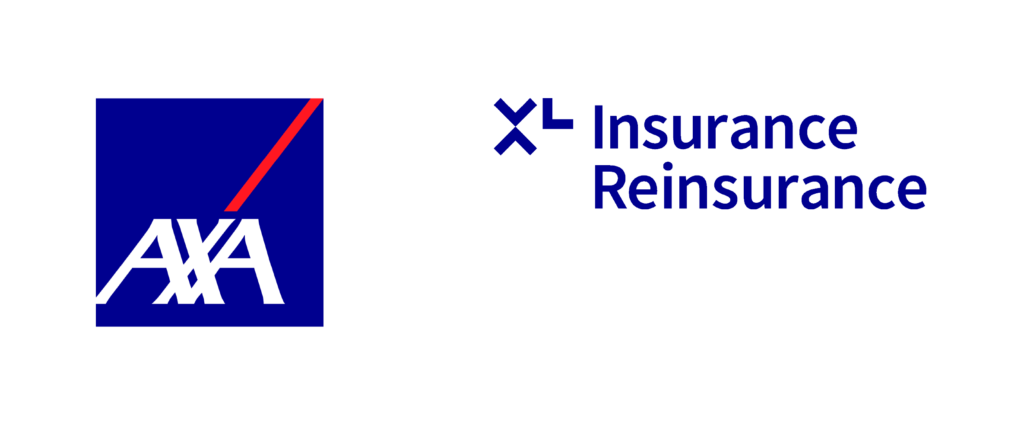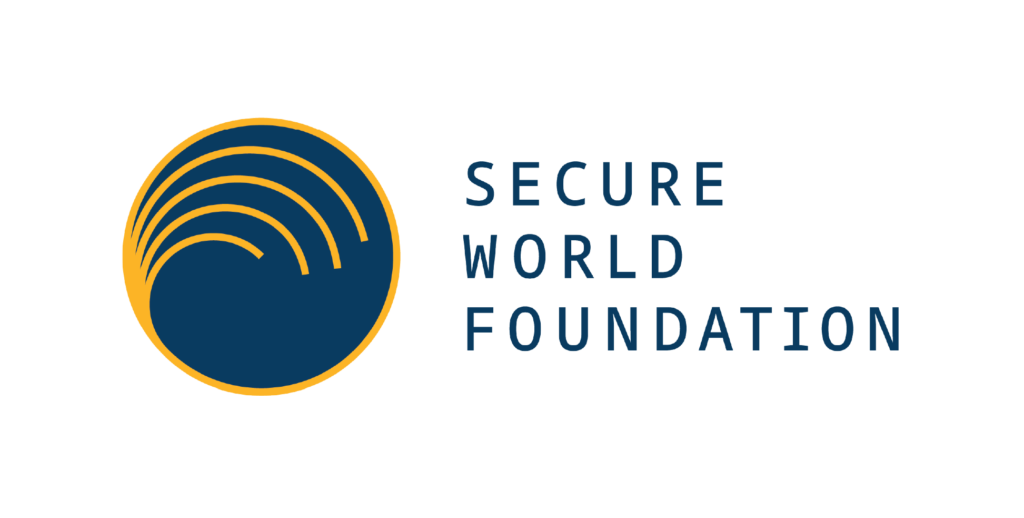World experts gather in Lausanne to find pragmatic solutions to the pressing issue of space debris
On May 4-5, the Low Earth Orbit Kinetic Space Safety Workshop brought together a diverse crowd of distinguished space professionals for two days of engaged discussions at the SwissTech Convention Center in Lausanne, Switzerland. Representatives of spacecraft operators, space safety start-ups, research institutes, space agencies, governments and many more organizations exchanged their views on the most promising approaches to enhance space safety.
Lausanne, Switzerland – May 19th 2022. The dramatic expansion of the space infrastructure ecosystem promises great benefits on Earth. However, decades of unsustainable practices have resulted in a congested space neighborhood, making new endeavors challenging. The launch of large constellations for broadband internet by SpaceX, Amazon and OneWeb, whose representatives participated in the workshop, has intensified concerns. As such, the workshop discussions highlighted the diverse complexities of the issue, its multiple risk drivers and the wealth of approaches to address it.
The workshop opened with the perspectives of different stakeholders and policymakers, highlighting the numerous benefits received from our current space infrastructure and the absence of alternatives for diverse services such as climate monitoring or emergency response. As highlighted by Jan Wörner, former European Space Agency (ESA) Director General, “space security and safety are tasks we need to focus on in the next years.” There is agreement on the need for action, but the most effective and acceptable solutions that can be implemented quickly and for the long-term remains unclear. Dr. Wörner highlighted the role of public institutions as a customer, investor and broker in the development of solutions to address space safety.
How to responsibly manage the limited orbital environment around Earth was a recurring theme in discussions. “Any orbital shell is a scarce resource and can be destroyed,” said Jim Bridenstine, former NASA Administrator. His talk highlighted the benefits derived from the space infrastructure and the need to, accordingly, govern our orbital space, thereby ensuring the continuity and sharing of those benefits.
Minimizing collision risk, the probability and consequences of collisions, and thus enhancing space safety, can be achieved through four types of activities: impact tolerance, collision avoidance, debris mitigation and debris remediation. The first two consist of minimizing risk in the existing environment while the latter two involve changing the environment. The discussion highlighted the complementary nature of these activities and the need to avoid trading off both traffic and environment management, because both are needed. International guidelines and national licensing practices have been established over many years, but there is general agreement that compliance rates are low and that existing guidelines have not kept pace with today’s levels of space activity.
Keynote speeches presented the state-of-the art in these four vital domains with interactive panels that engaged the audience in discussions assessing the different proposals by comparing their benefits, costs and maturity. The primary takeaways from these four domains are the following:
- Impact tolerance
- The most cost-effective approach is to integrate considerations of impact protection, such as shielding, early in the design process.
- Small changes in subsystem layouts and configurations within the spacecraft volume coupled with the spacecraft surface reduction in the ram direction (at the front) of the satellite can greatly reduce collision risk.
- We have limited knowledge of the small debris environment leading to the large variability of environmental models used to assess risk and take design decisions.
- Collision avoidance
- Avoiding altitude overlap between large satellite constellations reduces the collision avoidance burden for operators and, by extension, minimizes collision risk.
- It is critical that satellite operators share their trajectory data and that the uncertainties of space objects position are properly characterized.
- More data sharing among space actors, including on incidents, could dramatically improve the accuracy of models and predictions, which could benefit all.
- Collision risk can be reduced by improving the timeliness and uncertainties associated with conjunction predictions and notifications, and assuring that active satellites have the ability to maneuver.
- The development of globally accepted standards and best practices for collision avoidance is particularly useful.
- Debris prevention
- Banning anti-satellite weapons (ASAT) testing is inexpensive and highly beneficial. Some countries have agreed in principal to such bans but have not yet implemented them. In a world where geopolitical tensions can escalate, enforcement mechanisms are needed at the highest political level.
- The rule requiring satellites to re-enter the atmosphere by 25 years after their end-of-life is outdated and the duration should be reduced.
- Poor prevention increases the remediation and collision avoidance burden.
- Debris remediation
- Debris-generating potential is driven by dead-on-dead encounters. Hence, space debris remediation can enhance safety in the long-term.
- There need to be catalysts to successfully launch the future debris remediation industry. Catalysts can come from political decisions as well as business models for sharing the cost.
- Active debris removal requires managing casualty risks on Earth when objects reenter the atmosphere.
In conclusion, the participatory and engaging discussions at the Low Earth Orbit Kinetic Space Safety Workshop highlighted the need to find the proper balance between leadership and international cooperation within a multipolar world. It is of vital importance that we start taking action now, as reaching agreements among multiple actors will take time.
The Low Earth Orbit Kinetic Space Safety Workshop was organized by LeoLabs, ClearSpace, AXA XL, the EPFL Space Center (eSpace), the EPFL International Risk Governance Center (IRGC) and the Secure World Foundation. The workshop attracted more than 100 participants onsite and more than 70 participants online from around the world.
Low Earth Orbit Kinetic Space Safety Workshop (KSSW)
4–5 May 2022
SwissTech Convention Center
Lausanne, Switzerland
www.kineticspacesafety.com
About AXA XL
AXA XL is a leading insurer in the space insurance industry. They develop innovative, specialised products covering all types of spacecrafts and launch vehicles to provide space insurance products internationally, including pre-launch, launch, in-orbit, and liability coverage for spacecraft and launch vehicles.
About ClearSpace
ClearSpace, an EPFL Space Center spin-off, was created in 2018 to respond to the growing concern about space debris with a practical debris removal solution. Bound to revolutionize how space missions are conducted, ClearSpace provides in-orbit services with innovative technologies to capture and deorbit obsolete objects threatening space operations, and builds the roadmap to servicing capabilities in space. It aims to support institutions and commercial operators to accomplish their space sustainability goals and to promote a sustainable space economy. In November 2020, ClearSpace signed a contract worth 86 million euros with ESA to send their first cleaner robot into space in 2025. Today the rapidly growing ClearSpace team is also engaged in the initial phases of two other ambitious in-orbit servicing missions.
www.clearspace.today
About EPFL
EPFL is one of the leading universities working on space sustainability and pursues work involving a diverse range of actors (researchers, industry, policymakers, sustainability experts).
The EPFL Space Center (eSpace) is an interdisciplinary hub promoting space related research and education at EPFL. It works in three key areas of education, fundamental research, and innovative development projects. Since 2019, eSpace has been leading a research initiative on Sustainable Space Logistics.
The EPFL International Risk Governance Center (IRGC) is an interdisciplinary unit dedicated to extending knowledge about the increasingly complex, uncertain and ambiguous risks that affect society, developing risk governance strategies that involve all key stakeholder groups.
There are numerous ongoing projects related to space developed by various units within EPFL, such as:
- “Governing collision risk from space debris” – A Project led by IRGC in collaboration with eSpace and Space Innovation to study the governance of risks related to space debris and assess policy options to ensure the safe and sustainable use of space.
- “Space Sustainability Rating” – This rating system provides space actors with an assessment system to encourage sustainable mission designs and is managed by eSpace.
About LeoLabs
LeoLabs is a space safety company that combines its global network of S-band radars and a cloud-based computational engine to provide responsive and accurate collision avoidance services for space operators in low Earth orbit (LEO).
About Secure World Foundation
Secure World Foundation is a private operating foundation that promotes cooperative solutions for space sustainability and the peaceful uses of outer space. The Foundation acts as a research body, convener and facilitator to promote key space security and other space related topics and to examine their influence on governance and international development
More information
Website
www.kineticspacesafety.com
Contact media
E-mail: [email protected]
Phone: + 41 78 211 93 33






